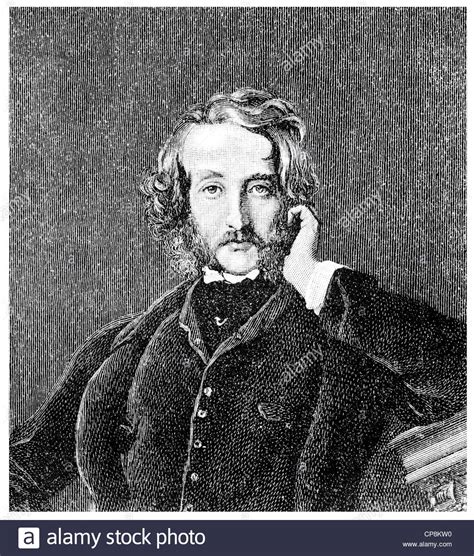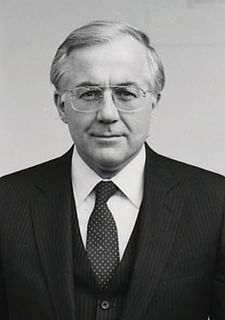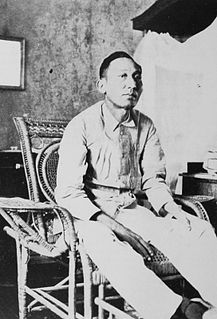A Quote by Edward G. Bulwer-Lytton
A reform is a correction of abuses; a revolution is a transfer of power.
Quote Topics
Related Quotes
King's response to our crisis can be put in one word: revolution. A revolution in our priorities, a reevaluation of our values, a reinvigoration of our public life and a fundamental transformation of our way of thinking and living that promotes a transfer of power from oligarchs and plutocrats to everyday people and ordinary citizens.
If the states and territories do not sign up to fundamental reform, then my message is equally simple: we will take this reform plan to the people at the next election - along with a referendum by or at that same election to give the Australian Government all the power it needs to reform the health system.
The Jesuits are a MILITARY organization, not a religious order. Their chief is a general of an army, not the mere father abbot of a monastery. And the aim of this organization is power - power in its most despotic exercise - absolute power, universal power, power to control the world by the volition of a single man. Jesuitism is the most absolute of despotisms - and at the same time the greatest and most enormous of abuses.
I am against war, against violence, against violent revolution, for peaceful settlement of differences, for nonviolent but nevertheless radical changes. Change is needed, and violence will not really change anything: at most it will only transfer power from one set of bull-headed authorities to another.


































